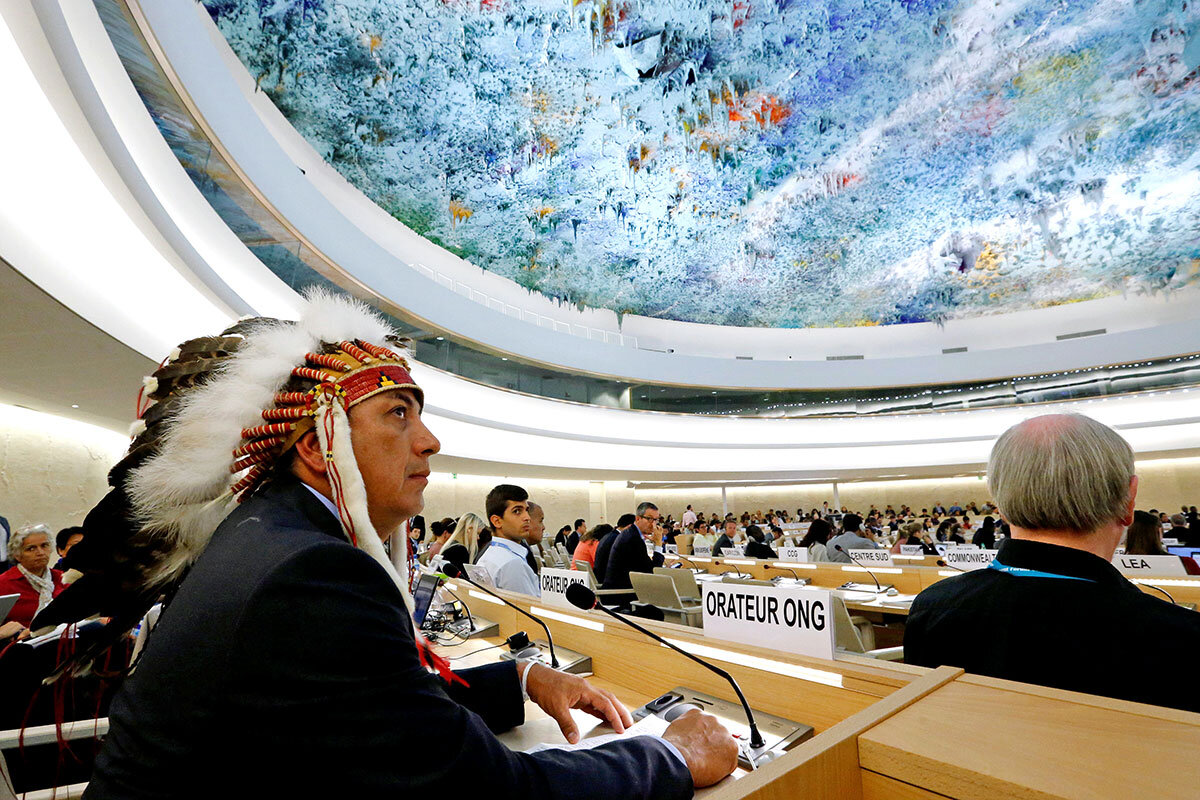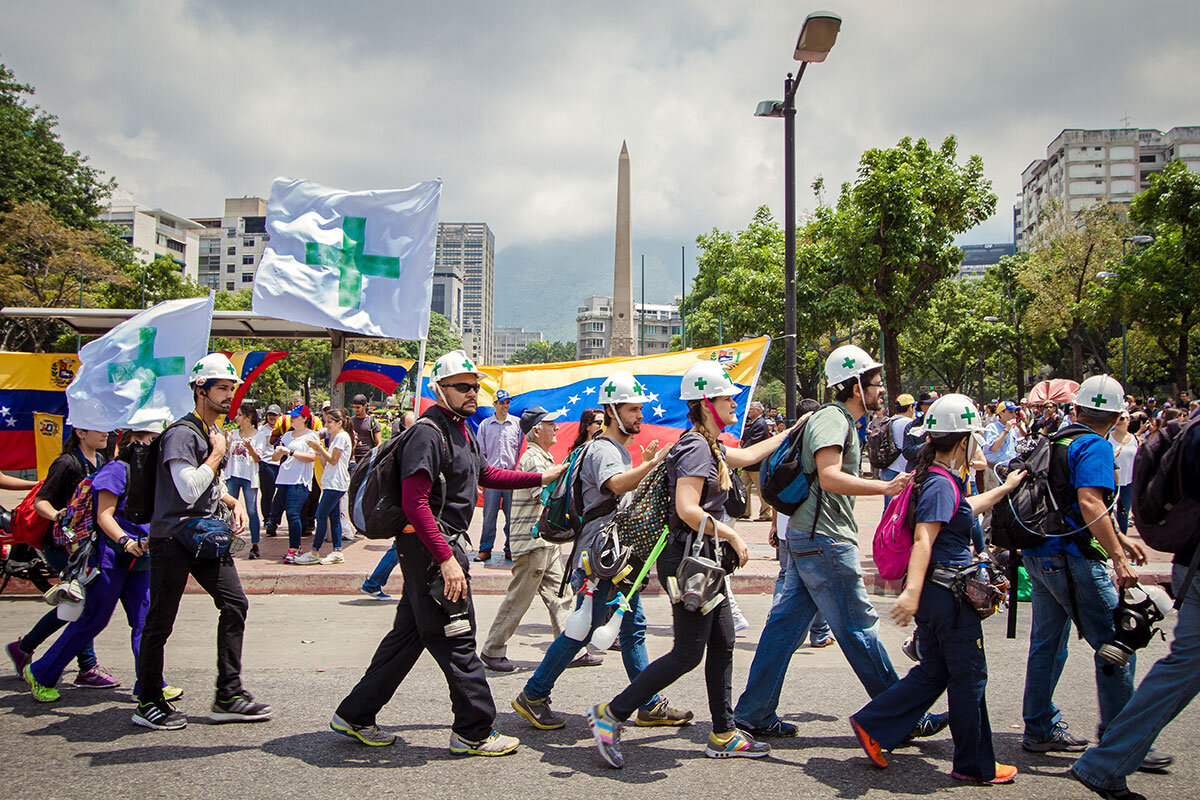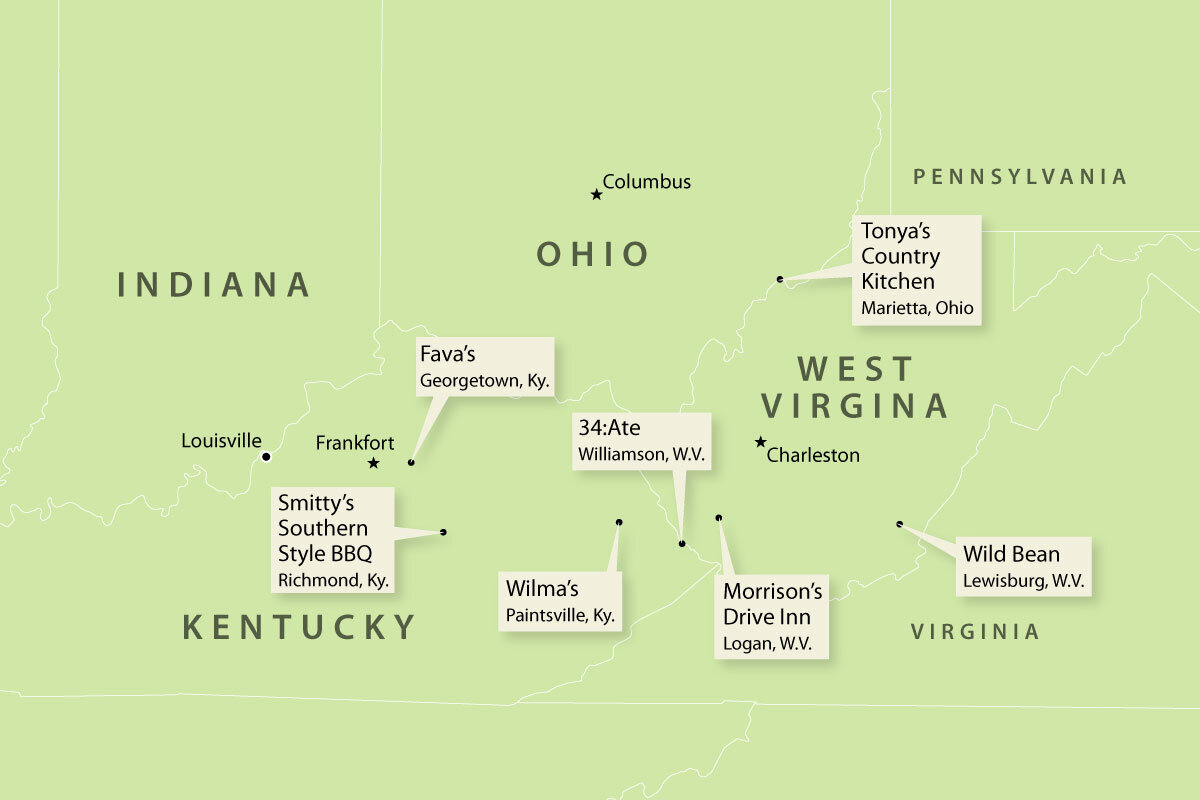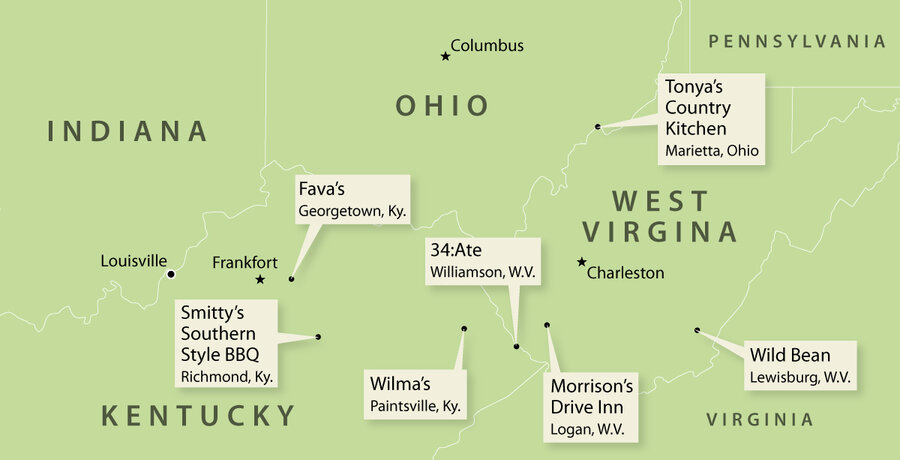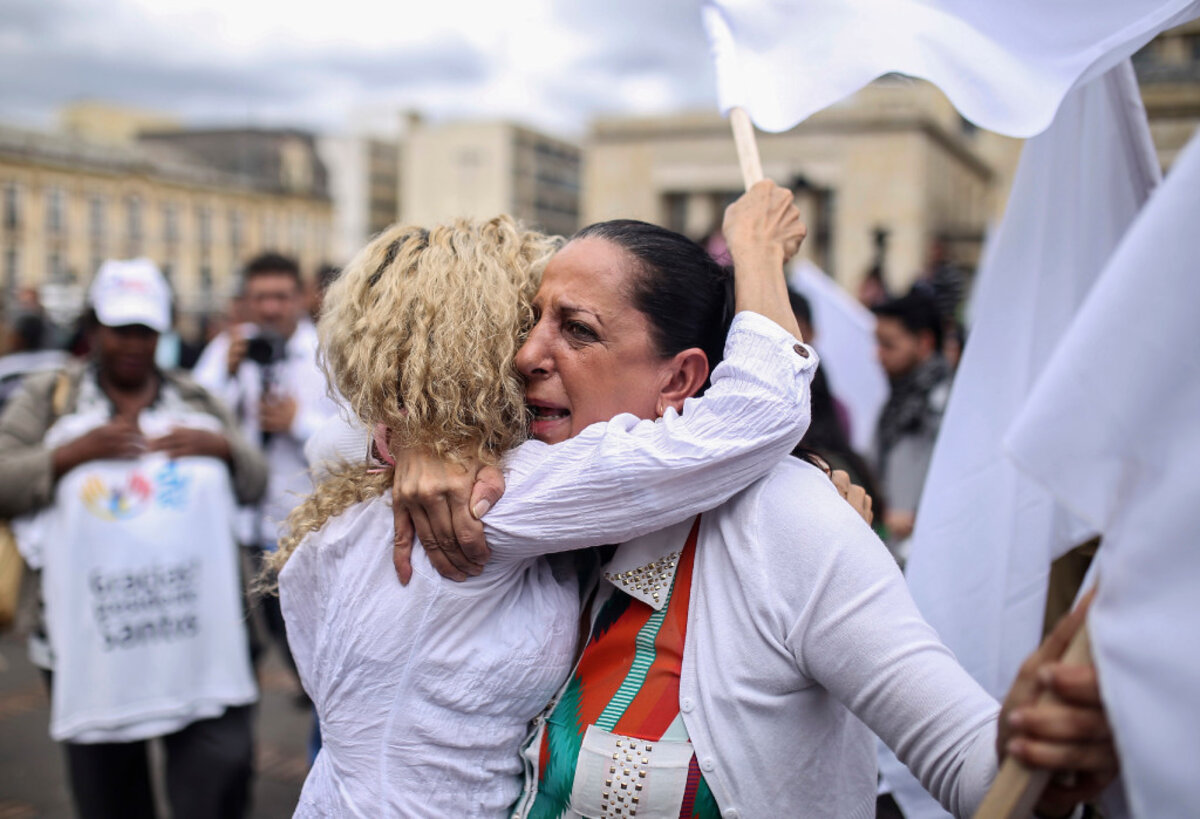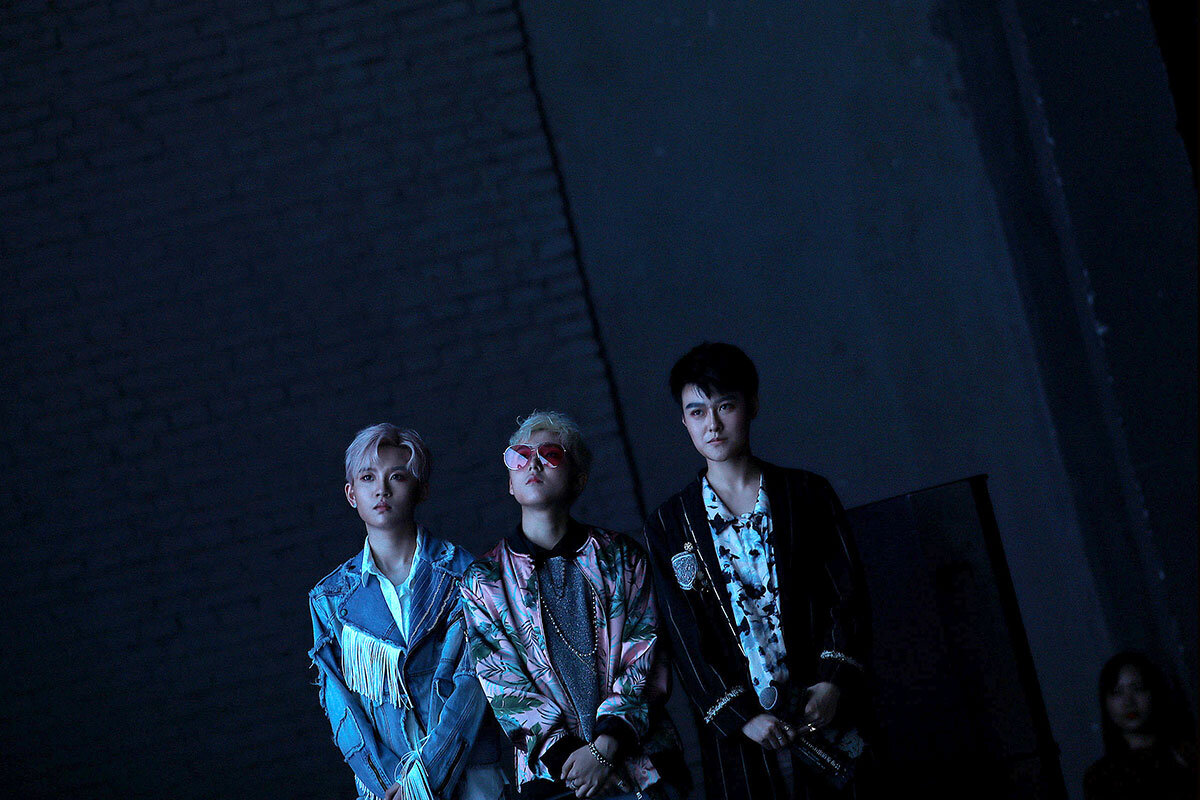 Clayton Collins
Clayton Collins
The US government stayed open today. One reason: President Trump softened on spending-bill funding for a border wall. Yesterday he also hinted that his administration might not push to undo NAFTA, a trade agreement he has scorned. “I'm a nationalist and a globalist,” he told The Wall Street Journal.
Shift to the Korean Peninsula. Mr. Trump has suggested that a “major, major conflict with North Korea” could occur. He also reportedly set South Korean Twitter ablaze overnight when he suggested that he might get Seoul to pay $1 billion for the THAAD missile-defense system. Sound familiar? He might soon be sparring with Moon Jae-in, front-runner to be the South’s next president – and someone with firm ideas about THAAD.
Few would dispute that speaking boldly is President Trump’s signature style. What happens as more listeners – at all levels – adapt to what seems to be a pattern of hyperbole and bluff?




